MVT & radical posthumanism present a serious challenge to any supernatural theory of causation.
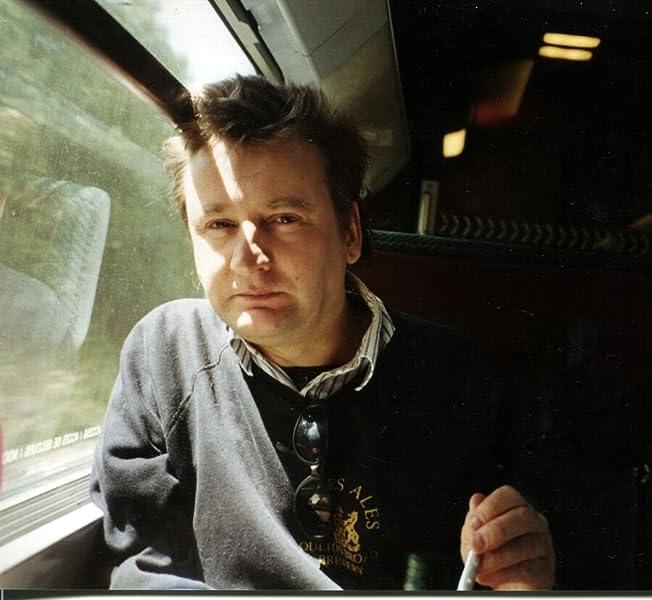

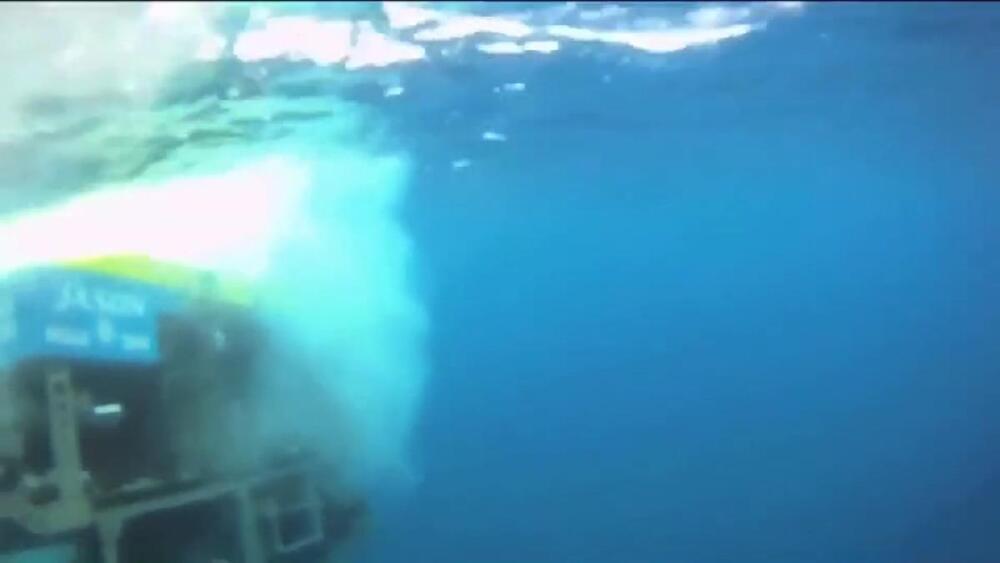

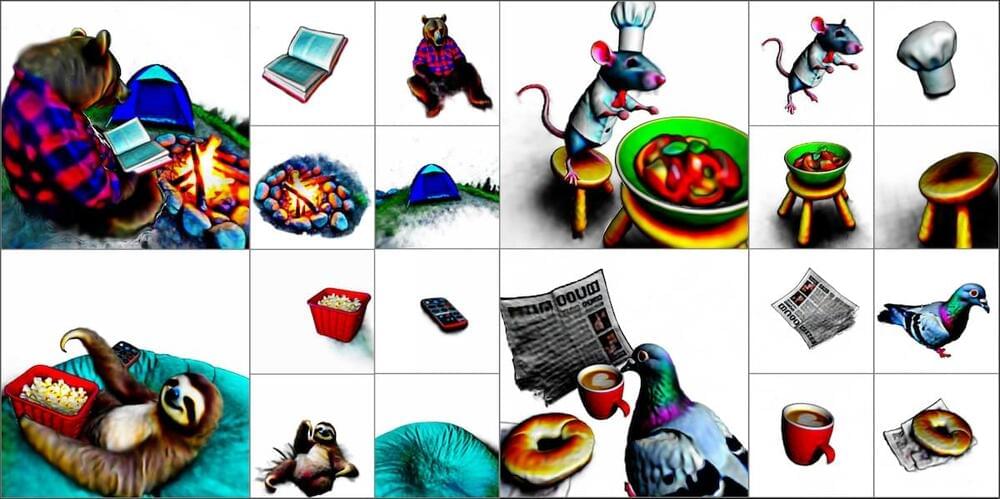
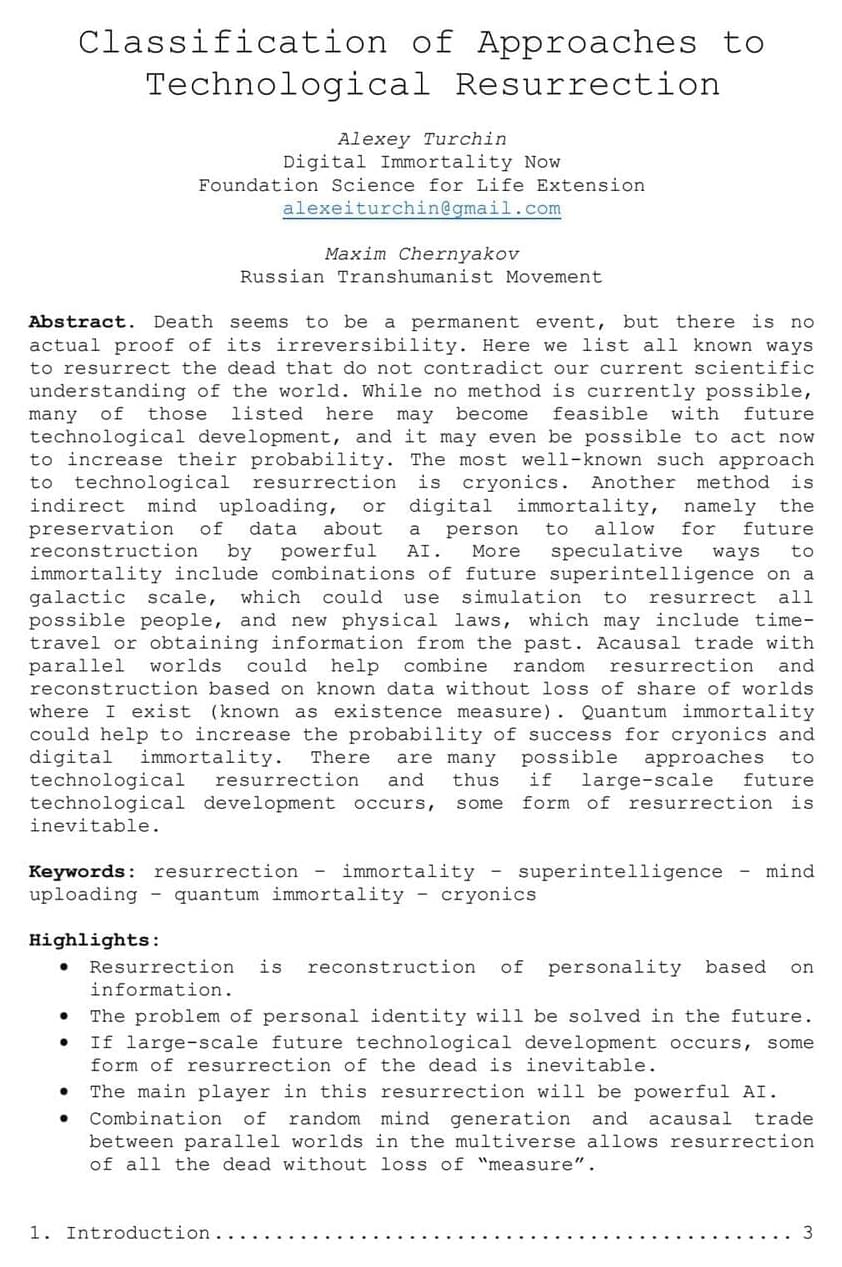

Finding people who share your active passion — to go hiking, biking, running, whatever — is a pretty enduring problem. Existing friends and family aren’t always going to be into the same sporty pursuits as you and making new buddies at the gym or crag can be kinda awkward. Ditto trying your luck on random Facebook or WhatsApp groups. Step forward.

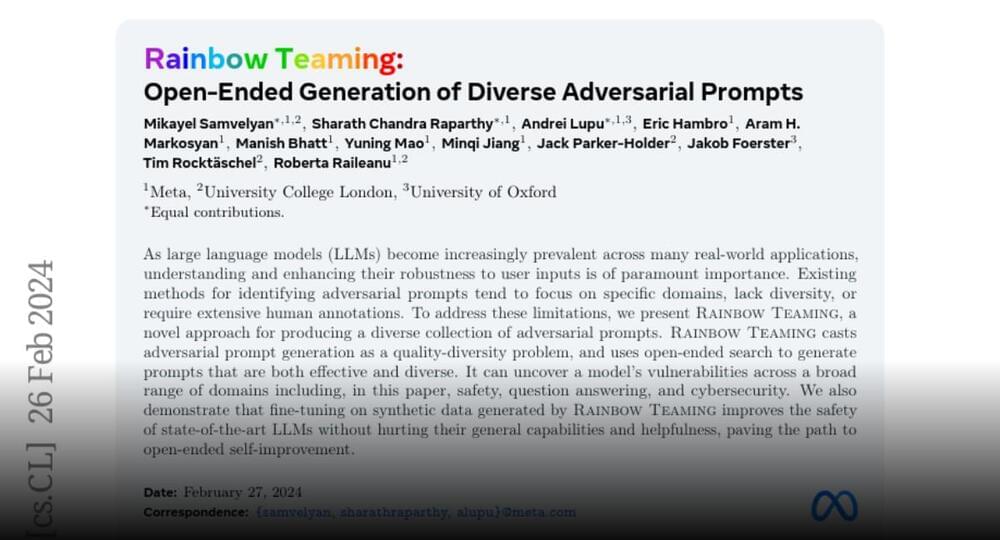
Story on which the film “The Day the Earth Stood Still” was based. Narrator and Producer MP Pellicerwww.MPPellicer.comSUPPORT VIA DONATIONBuy Me A Coffee — ht…